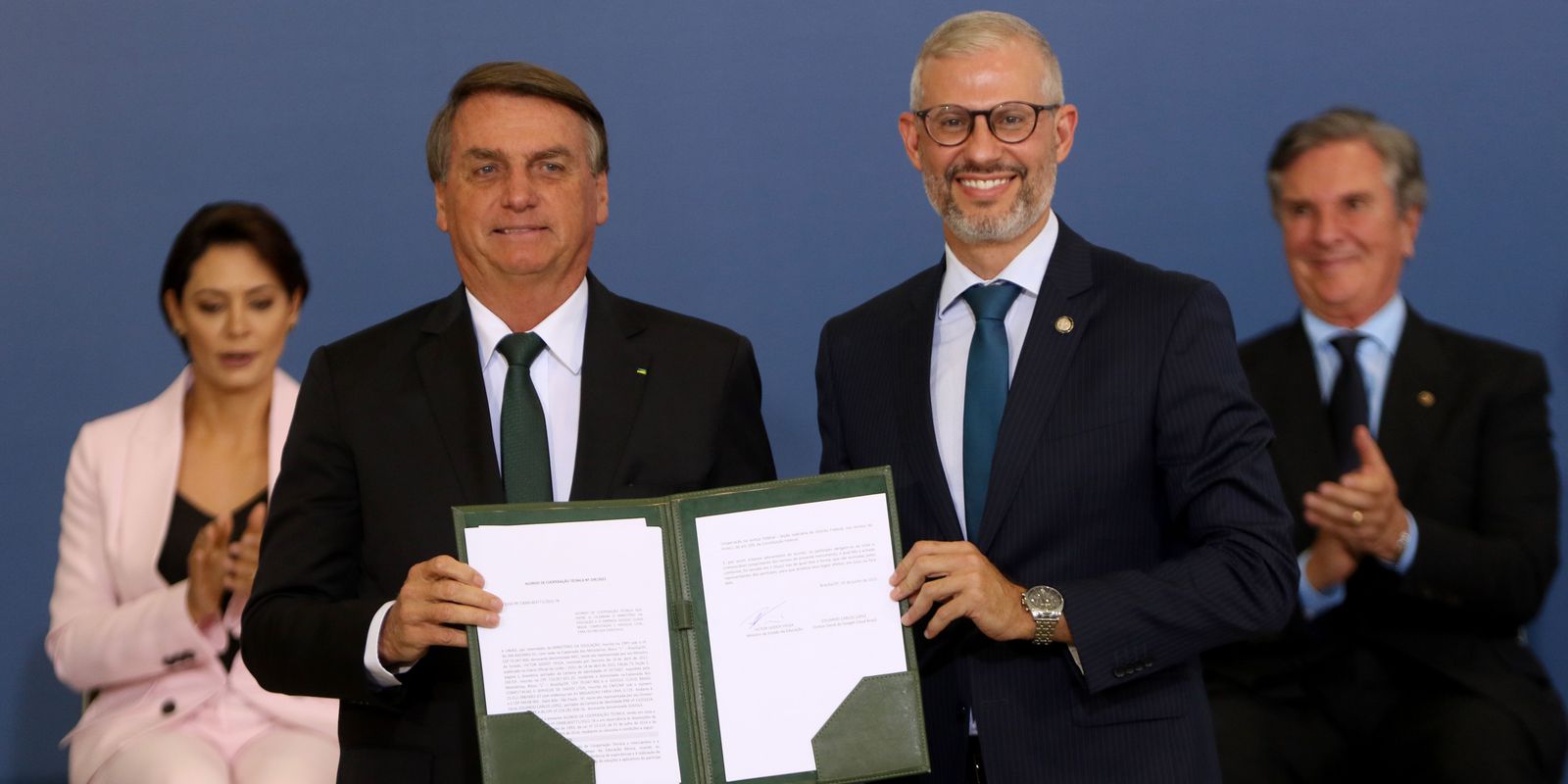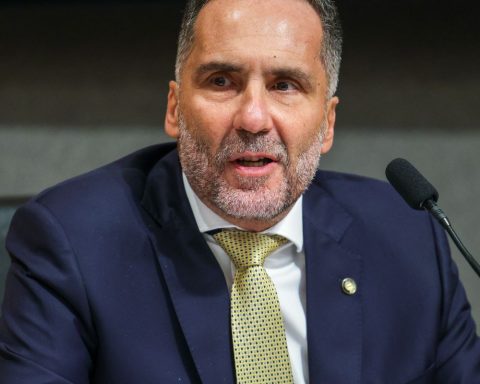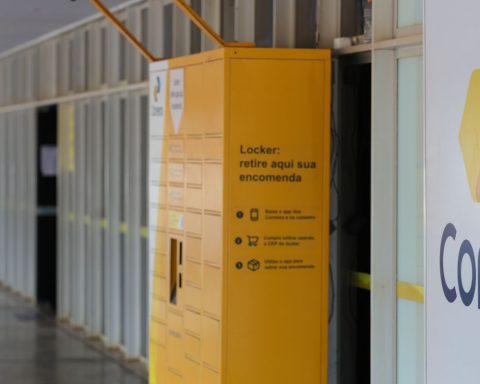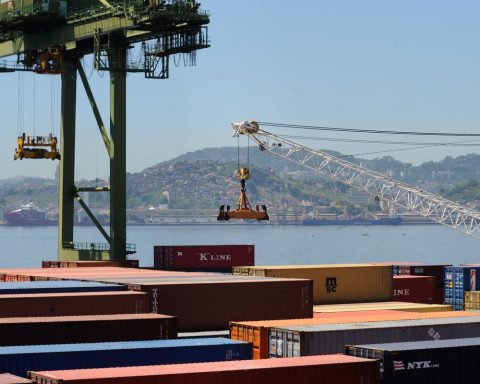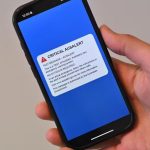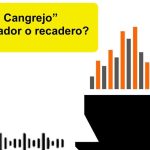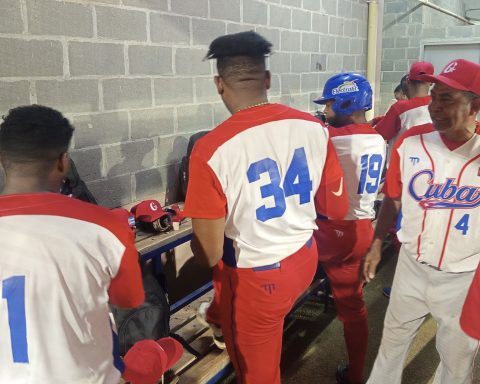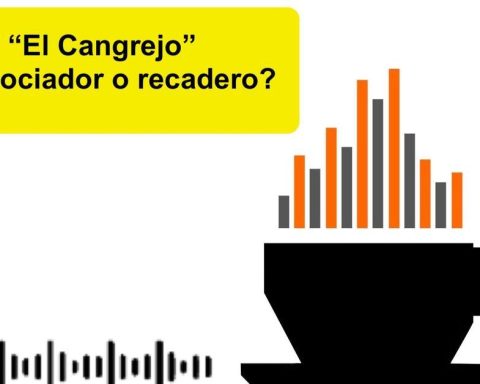The Ministry of Education (MEC) announced this Monday (20) a cooperation agreement with the North American giant Google for access to academic support tools for teachers and students. The partnership was closed during a ceremony at Palácio do Planalto, which was attended by President Jair Bolsonaro and ministers. The initiative is part of the National Learning Recovery Policy, launched by decree last month, and which aims to reduce school dropout and improve student performance, two of the main consequences of the covid-19 pandemic, which kept schools of the public network closed between March 2020 and August 2021.
According to the MEC, there will be four services available from the agreement.
– Google Workspace for Education Fundamentals: Free suite of tools that provides a flexible and secure foundation for learning, collaboration and communication. Adhesion by educational networks will take place by signing a simplified adhesion term, voluntarily and not onerous for the network, whether municipal, state or federal;
– Be Incredible on the Internet: digital citizenship program with training trails for educators, lesson plans and activities;
– Grasshopper: programming application for beginners, teaching computational thinking;
– Google Cloud Capacita+: free online training program for training professionals in cloud technologies
Performance
According to the Minister of Education, Victor Godoy, an evaluation carried out by the MEC in recent months is outlining a diagnosis of the situation of basic education in the country. Among the data presented, the survey carried out through a platform created by the ministry shows that 30% of students in the 3rd year of elementary school are at the expected stage of development.
“When we look at mathematics, 98% of 6th grade students do not have an adequate level, only 2% of them are. About 45% of the 98% do not master the four basic operations of mathematics, that is, they are in the first milestone of expected development”, he said. School dropout also more than doubled in high school, from 2.3% to 5%, Godoy said.
These results were mapped by an evaluation and performance platform available not only for the public network, but also for the private network, free of charge. According to the minister, it allows the performance of more than 600 assessment tests in mathematics, science and language proficiency. From there, it regroups students according to the level in each of these disciplines. So far, about 5 million students in more than 2,000 municipalities have been registered in the assessment system.
Another tool being presented by the folder is MECPlace, an integrated platform in an open and collaborative environment that offers information technology solutions to support educational networks. The system was developed through partnerships with the federal universities of Ceará (UFC), Juiz de Fora (UFJF) and Alagoas (UFAL).
Asked about the difficulty of access to technology and digital devices by public school students, especially the most vulnerable, the minister informed that it is necessary to face the problem in partnership with states and municipalities. “Any challenge of infrastructure, connectivity, necessarily passes through an articulation of the Union, states and municipalities. What we are doing in this perspective is to strengthen collaboration, taking structured technology implementation processes to entities”, said Godoy.
President Jair Bolsonaro complained about the time when schools remained closed and praised the MEC’s initiative. “We went through two years of a pandemic, where practically everything closed, 99% of schools closed. As far as it was up to me, we would have classes. And we are now recovering and looking for lost time. This method, this discipline adopted by MEC , is already recognized by other countries”, he said.
partnerships
In addition to Google, the MEC closed, in April, a partnership for the recovery of learning with Microsoft. The partnership allows the free availability of Office 365 Educational A1 (cloud version), granting access to branded applications, such as Excel, Word, Power Point and other tools.
